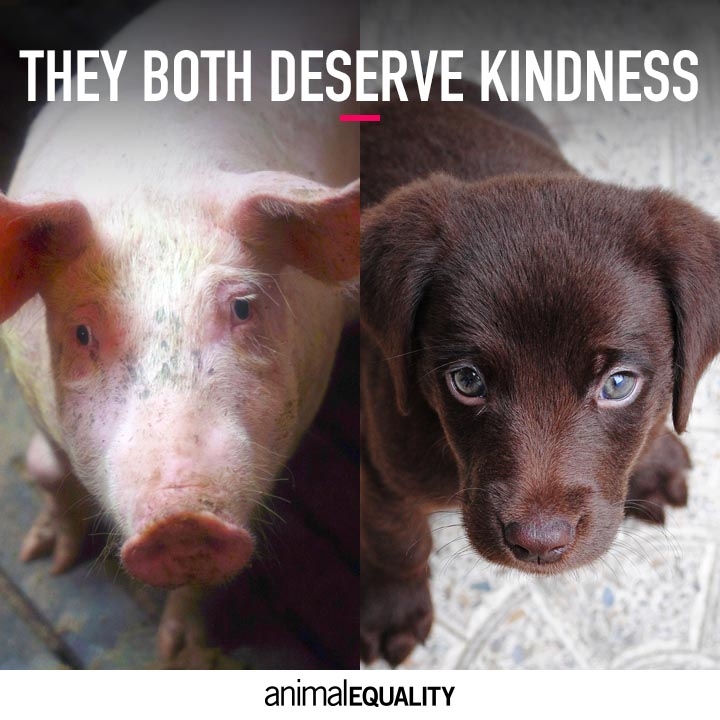The dairy industry has long been a staple of diets worldwide, with products like milk, cheese, and yogurt being touted for their purported health benefits. However, a closer examination reveals a host of Dairy industry dangers, ranging from health concerns to environmental degradation and ethical dilemmas. From lactose intolerance to animal welfare issues, it's essential to understand the multifaceted risks inherent in dairy consumption.
Health Risks
Contrary to popular belief, dairy consumption is not universally beneficial and can pose significant health risks for certain individuals. Lactose intolerance, a condition affecting a significant portion of the global population, results from the body's inability to digest lactose, the sugar found in milk. Symptoms include bloating, gas, diarrhea, and abdominal discomfort, making dairy products intolerable for many. Moreover, dairy consumption has been linked to various health issues, including acne, allergies, asthma, and even certain cancers. High levels of saturated fats and cholesterol in dairy products can contribute to heart disease, obesity, and other metabolic disorders. As such, relying on dairy as a dietary cornerstone may compromise overall health and well-being.
Environmental Degradation
The dairy industry exacts a considerable toll on the environment, contributing to deforestation, water pollution, and greenhouse gas emissions. Large-scale dairy farming operations require vast amounts of land, water, and feed resources, leading to deforestation and habitat destruction. Moreover, the disposal of animal waste from dairy farms contaminates water sources, posing risks to aquatic ecosystems and human health. Additionally, dairy cows produce methane, a potent greenhouse gas that contributes to climate change. The carbon footprint of dairy production, from feed cultivation to transportation, further exacerbates environmental degradation. Transitioning away from dairy consumption is essential for reducing ecological impact and promoting sustainability.
Ethical Concerns
Behind the glossy facade of the dairy industry lies a darker reality of animal exploitation and cruelty. Dairy cows endure a cycle of perpetual pregnancy and lactation, separated from their calves shortly after birth to maximize milk production. Male calves, deemed surplus to the dairy industry, are often slaughtered for veal or raised for beef production. The intensive confinement, routine mutilations, and lack of access to natural behaviors inflict physical and psychological suffering on dairy cows. Furthermore, the dairy industry perpetuates a system of commodification and objectification of sentient beings, prioritizing profit over animal welfare. Ethical considerations necessitate a reevaluation of our relationship with dairy products and a shift towards cruelty-free alternatives.
Embracing Dairy-Free Alternatives
Thankfully, a burgeoning market of dairy-free alternatives offers consumers a compassionate and sustainable choice. Plant-based milks, such as almond, soy, oat, and coconut milk, provide nutritious alternatives to traditional dairy products without the associated health risks or ethical dilemmas. These dairy alternatives are often fortified with essential vitamins and minerals, making them suitable substitutes for individuals with lactose intolerance or dietary restrictions. Furthermore, plant-based dairy alternatives have a significantly lower environmental footprint, requiring fewer resources and producing fewer greenhouse gas emissions. Embracing dairy-free alternatives represents a conscious choice towards supporting animal welfare, promoting environmental sustainability, and safeguarding personal health.
Conclusion
The dangers inherent in the dairy industry extend beyond individual health risks to encompass environmental degradation and ethical concerns. Lactose intolerance, environmental pollution, and animal cruelty are among the pressing issues associated with dairy consumption. Transitioning towards dairy-free alternatives offers a path towards healthier living, environmental stewardship, and ethical consumption. By challenging the status quo of dairy-centric diets and embracing plant-based alternatives, individuals can make a positive impact on their health, the planet, and the lives of animals. Let us envision a future where compassion, sustainability, and well-being guide our dietary choices, free from the dangers of the dairy industry.
https://rimaakter.hashnode.dev/the-dark-truth-behind-factory-farm-animal-cruelty
https://telescope.ac/free-online-freelancing-b/b06p1wj725o1p3ui1exea3


